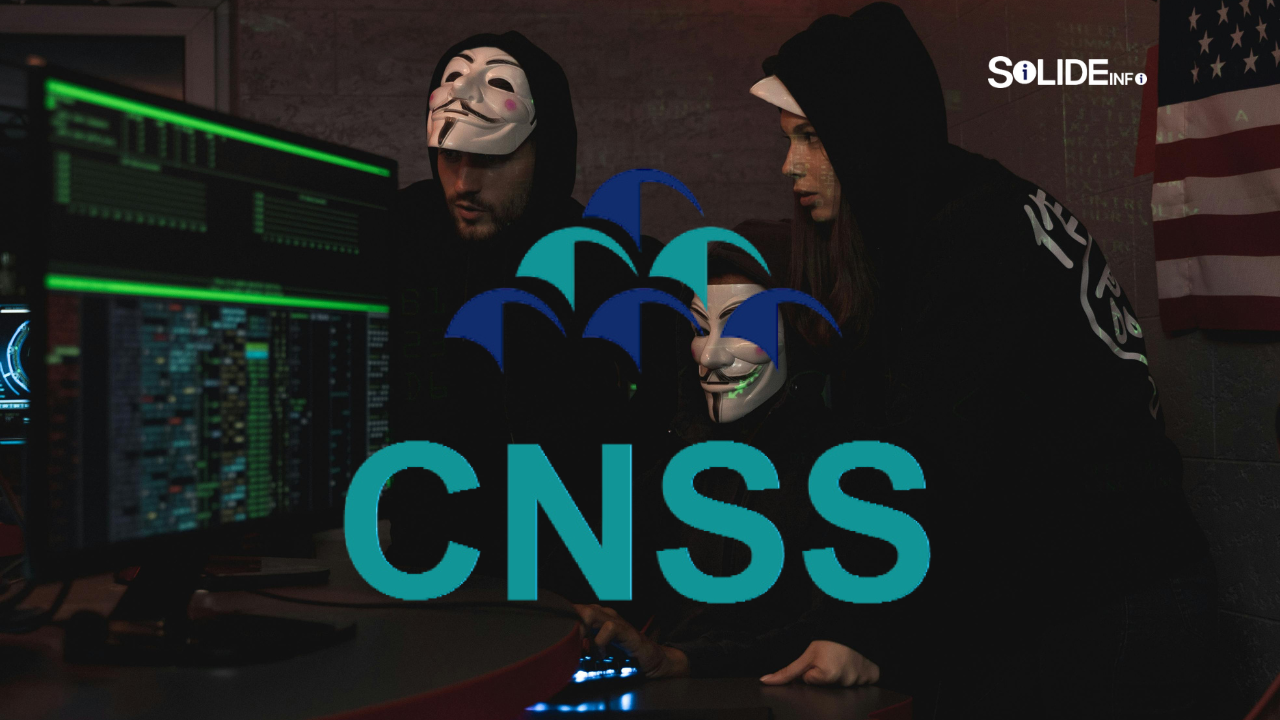Morocco CNSS Cyberattack: What Lessons for Cybersecurity in Morocco?

The CNSS (Caisse Nationale de Sécurité Sociale) in Morocco suffered a significant cyberattack that disrupted operations and threatened the sensitive data of its stakeholders. While cyberattacks have become more sophisticated over the years, this particular incident has shown that no institution is immune—regardless of size or governmental affiliation. The attack was not only a wake-up call for the country’s digital infrastructure but also a clear indicator that cybercriminals continuously evolve their tactics.
The incident underscored the need for an immediate reassessment of security measures within the public and private sectors alike. In a digital age where data is a valuable asset, organizations must prioritize implementing robust defenses. Research from leading cybersecurity outlets like Security Magazine emphasizes the importance of proactive measures and constant vigilance in the face of emerging threats. When an institution as critical as CNSS is attacked, the effects ripple through the system, affecting not just data integrity but also public trust and national security.
Before the attack, many organizations in Morocco considered their existing cybersecurity measures sufficient. However, the CNSS incident exposed several vulnerabilities—from outdated software systems to lapses in employee training. Such weaknesses provide easy access points for cybercriminals who, in many cases, exploit low competition areas within the cybersecurity market. Focusing on these gaps, organizations can step up their game by regularly updating software, employing advanced encryption methods, and investing in employee education to defend against phishing and other social engineering tactics.
Lessons Learned and Future Directions
The aftermath of the cyberattack offers several crucial lessons that can help institutions strengthen their overall cybersecurity posture. First and foremost, the CNSS cyberattack has revealed the indispensability of a well-planned incident response strategy. Organizations must have a blueprint ready to minimize damage when an attack happens. This means establishing protocols for data backup, rapid system isolation, and clear communication channels to alert all relevant parties. Experts advise that creating a detailed crisis management plan, similar to recommendations from CSO Online, is essential for quick and effective damage control.
Another important takeaway is the rising importance of collaboration. Cybersecurity is no longer a challenge that can be tackled by individual institutions alone. Governments, private companies, and cybersecurity professionals must work in tandem to share vital threat intelligence and to develop comprehensive security frameworks. Collaborative efforts help to ensure that when a new threat surfaces, the combined expertise and shared resources can lead to faster and more effective solutions. This approach is particularly relevant for Morocco, where the digital infrastructure is evolving rapidly, and the need for a joint defense mechanism is more pressing than ever.
A further lesson is that cybersecurity is not a one-time investment, but rather a continuous process of improvement. Regular security audits, updated risk assessments, and an ongoing commitment to employee training are pivotal elements of a successful cybersecurity strategy. By acknowledging that cybersecurity must evolve along with technological advancements, organizations can preemptively mitigate potential risks. In the wake of the CNSS incident, many experts have recommended prioritizing investments in cybersecurity insurance and risk management tools. These steps not only help in managing a crisis should one occur, but they also foster a culture of resilience that is critical in today’s digital era.
Organizations can also benefit from investing in modern security technologies, such as artificial intelligence and machine learning. Tools powered by these technologies can identify abnormal patterns and help to thwart potential attacks before they compromise the network. Regular updates to these systems are vital to adapt to new tactics used by cyber adversaries, ensuring that defenses remain one step ahead. Further insight into emerging technologies and their applications in cybersecurity can be gleaned from resources like Cyberscoop, which offers comprehensive analyses of the latest trends and tools in the digital security landscape.
Building a Resilient Cybersecurity Ecosystem
Creating a resilient cybersecurity ecosystem requires more than just reacting to incidents—it necessitates a strategic, forward-thinking approach. A key aspect of this is the understanding and application of risk management principles. Organizations must identify their most vulnerable areas and address these through systematic improvements in their digital infrastructure. Rather than waiting for an attack to expose weaknesses, a proactive attitude toward cybersecurity can significantly reduce the likelihood of severe disruptions.
Investments in cutting-edge technology and continuous training for IT professionals are critical to this proactive approach. Institutions should consider partnerships with cybersecurity firms and research organizations to stay informed about current and emerging threats. For instance, many businesses are now embracing cybersecurity frameworks that integrate innovative tools, such as automated threat detection and advanced analytics, to predict and counteract potential breaches. By fostering a collaborative environment—one that includes academic institutions, tech companies, and government agencies—Morocco can build a cybersecurity network that is both robust and adaptive.
Furthermore, it is essential to boost public awareness about cybersecurity risks and the measures that can be taken to mitigate them. The CNSS incident has opened up channels for educating the public on the importance of safeguarding personal data and recognizing common cyber threats. This educational drive can be supported by digital platforms and specialized forums that discuss best practices, recent incidents, and strategies to improve security. As more organizations adopt transparent communication about their cybersecurity strategies, the overall resilience of the community improves.
The lessons from the CNSS cyberattack remind us that cybersecurity is a multi-faceted challenge that requires constant evolution and vigilance. The journey toward robust cybersecurity in Morocco is ongoing, marked by both challenges and opportunities. With proper investment in technology, continuous employee training, and greater collaboration across various sectors, Morocco can learn from this incident and build a digital future that is secure and resilient.




